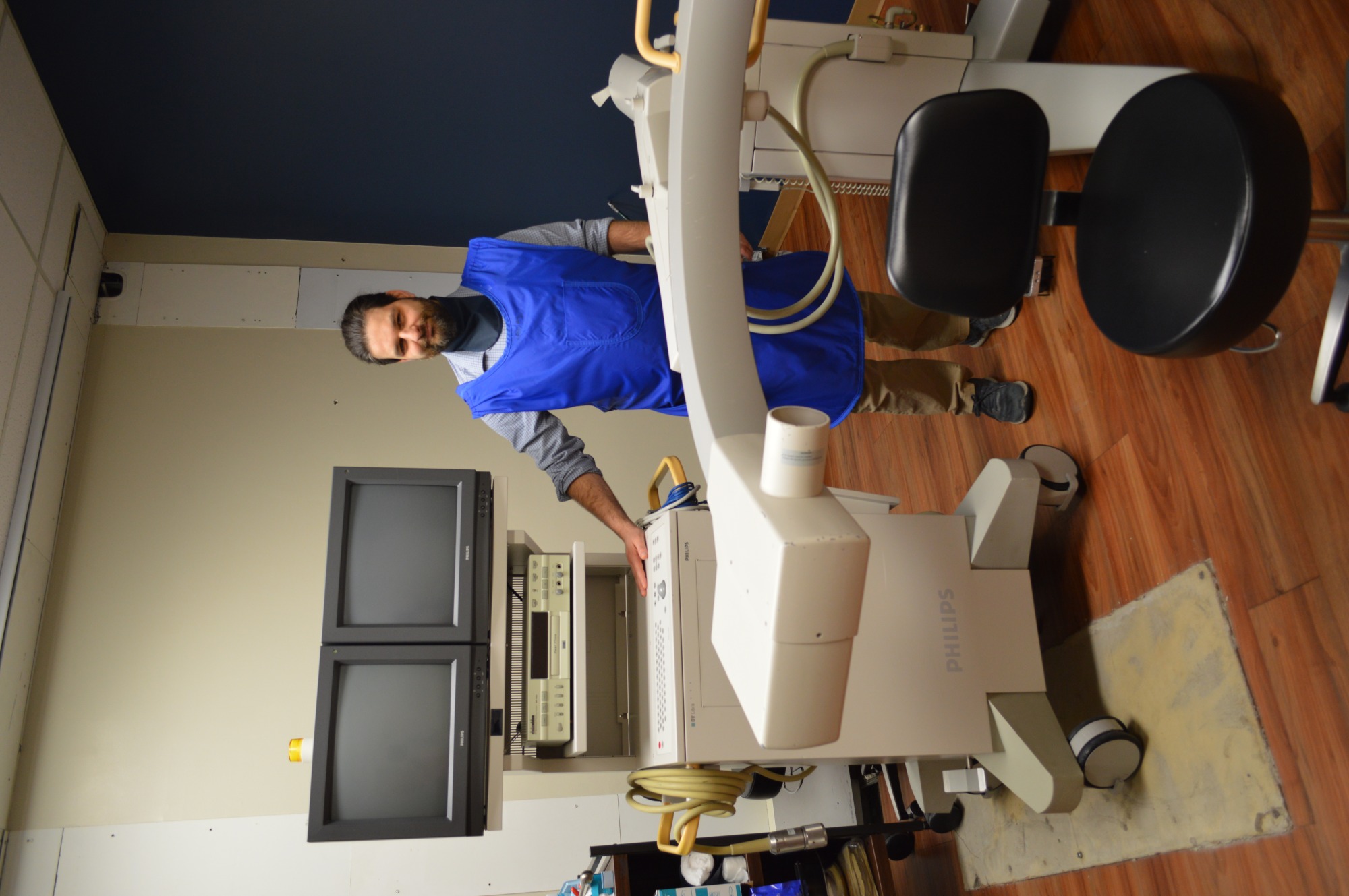National Stroke Awareness Month: The Vital Role of Speech Therapists in Recovery

This National Stroke Awareness Month. I want to shine a spotlight on the importance of awareness, prevention, and rehabilitation for stroke survivors. Among the many healthcare professionals dedicated to supporting recovery, speech therapists play a crucial role in helping individuals regain their communication and swallowing abilities after a stroke.
A stroke occurs when blood flow to a part of the brain is interrupted, leading to brain damage. Depending on the area affected, survivors may experience speech, language, or swallowing difficulties—collectively known as dysarthria, aphasia, and dysphagia.
These challenges can significantly impact a person’s ability to express themselves, understand others, and enjoy meals safely. Such impairments can also affect emotional well-being, social participation, and overall quality of life.
Speech-language pathologists, commonly known as speech therapists, are essential members of the multidisciplinary team working to restore communication and swallowing functions. Their expertise includes:
- Assessment: Evaluating the extent of speech, language, and swallowing impairments to develop personalized treatment plans.
- Therapy for Communication: Using tailored exercises and strategies to improve speech clarity, language comprehension, and functional communication skills. This may involve speech drills, alternative communication methods, and cognitive-linguistic exercises.
- Swallowing Rehabilitation: Implementing techniques to improve swallowing safety and efficiency, such as exercises to strengthen muscles, modify diet textures, and teach safe swallowing strategies.
- Education and Support: Providing education to survivors and their families about managing impairments, preventing complications, and adapting to new communication methods.
Through targeted therapy, speech therapists help stroke survivors regain independence, rebuild confidence, and reconnect with loved ones. Their support extends beyond clinical interventions, offering encouragement and practical solutions to overcome daily challenges.
This National Stroke Awareness Month, so let's recognize and appreciate the vital contributions of speech therapists in stroke recovery. Raising awareness about their role can encourage early intervention, improve access to specialized care, and ultimately enhance outcomes for survivors.
If you or a loved one has experienced a stroke, early consultation with a speech-language pathologist can make a significant difference. Recovery is a journey—one that is best navigated with the right support. For more information, please contact Steven Mazzafield, Speech-Language Pathologist, at Veterans Memorial Hospital at 568-3411.

